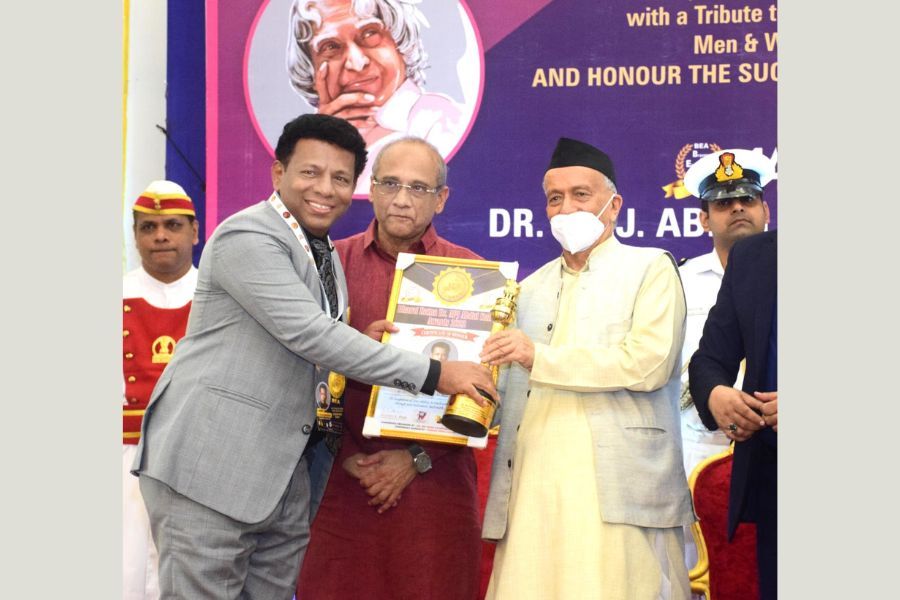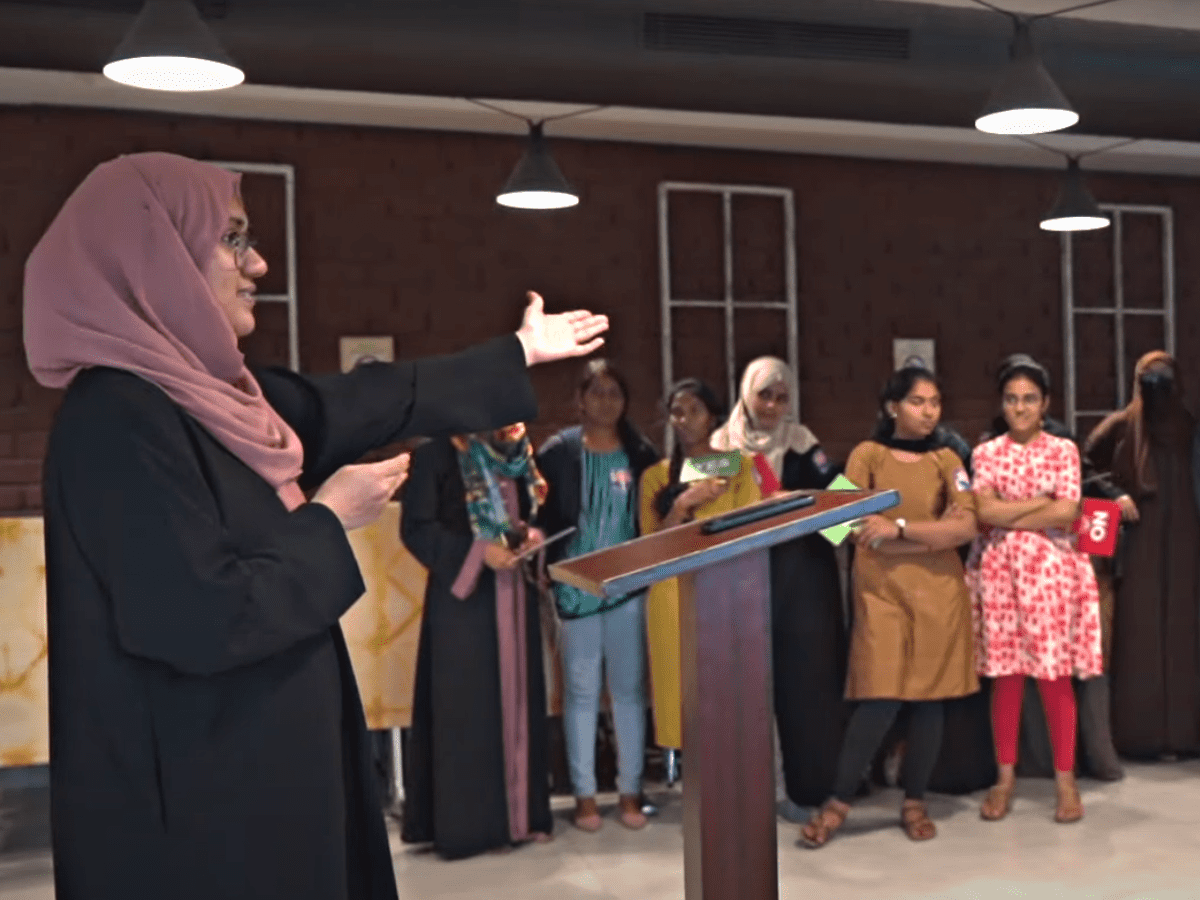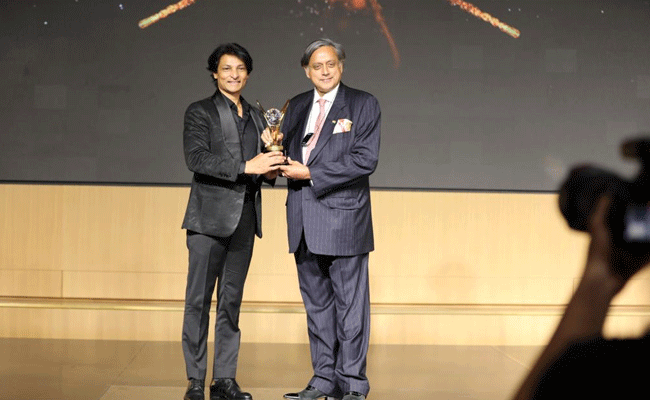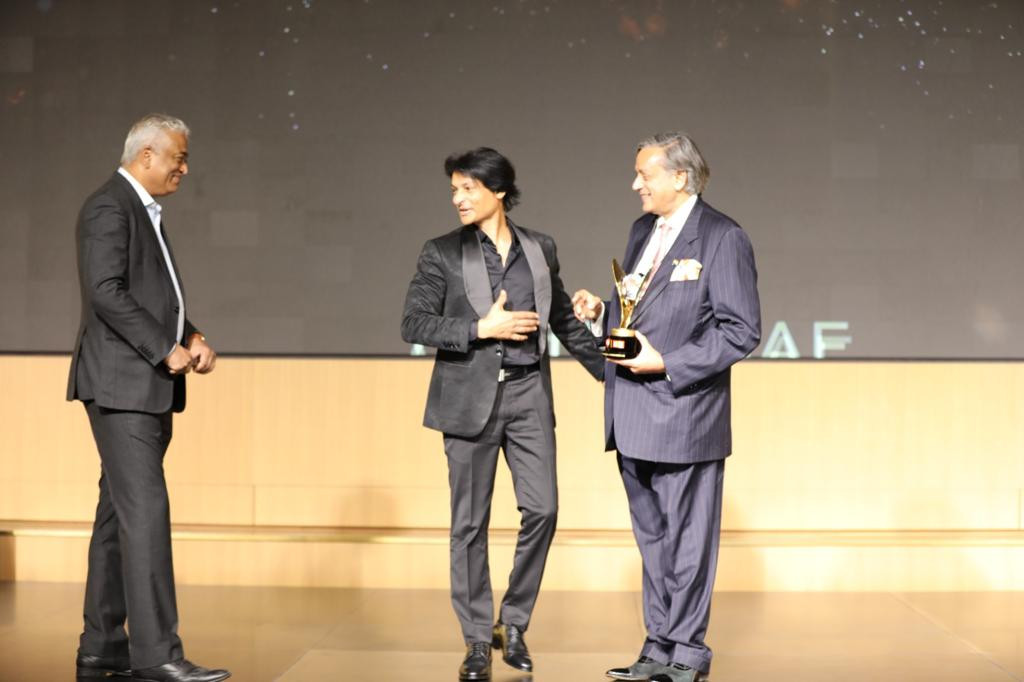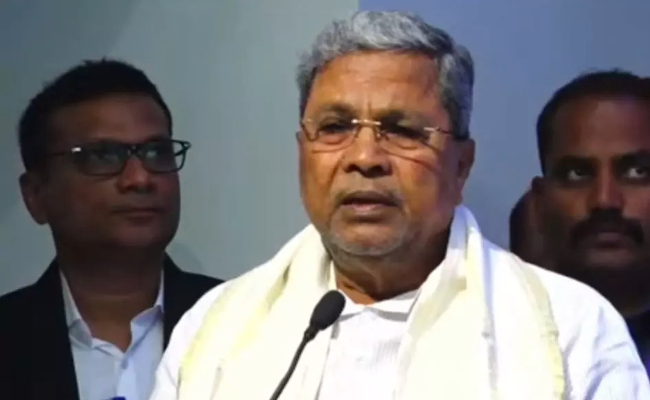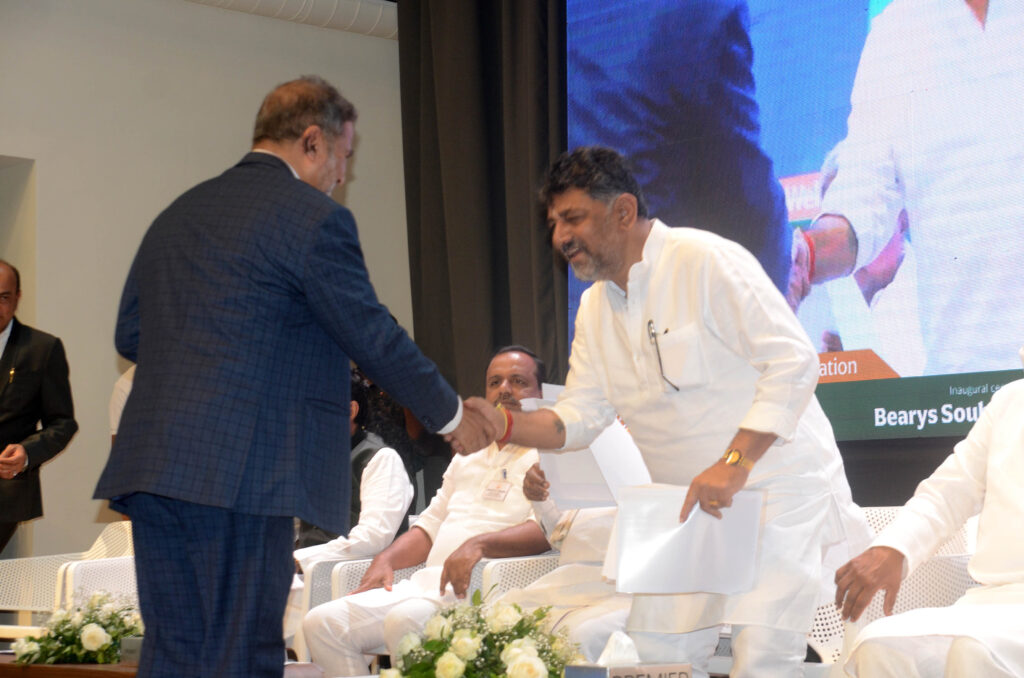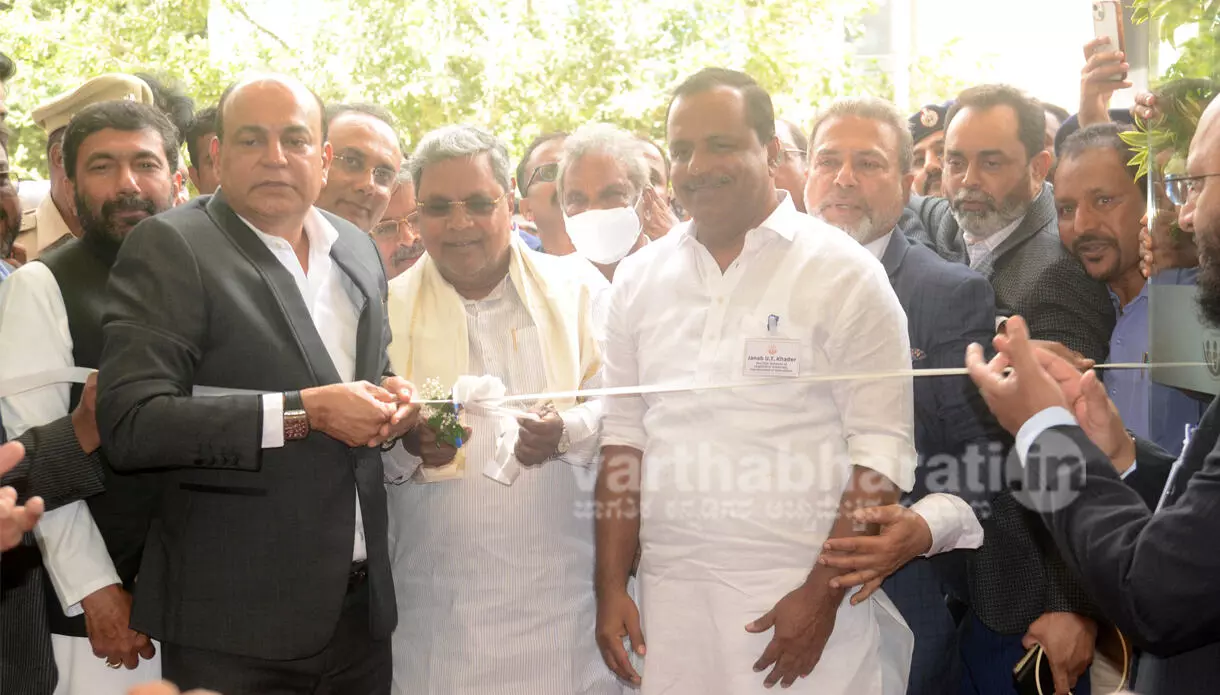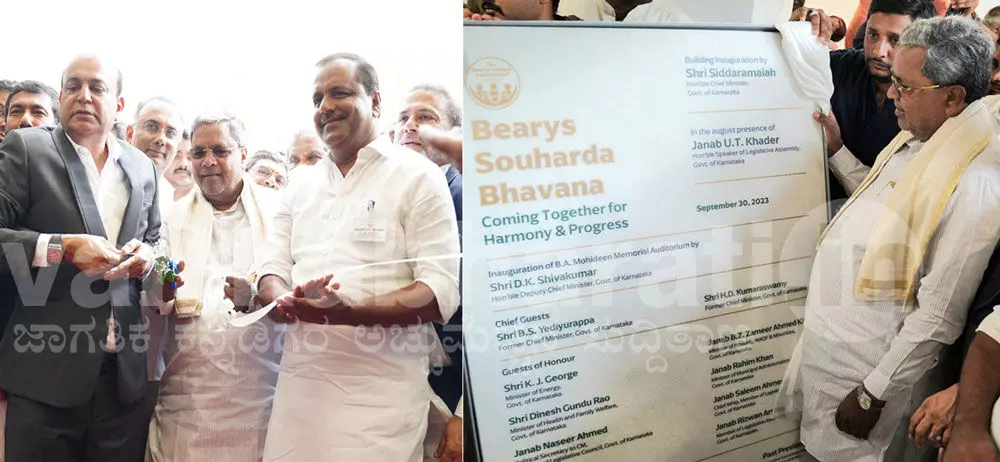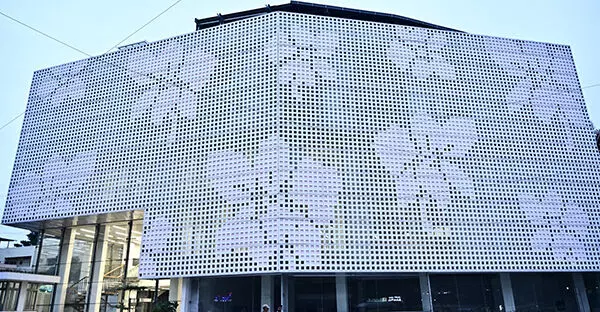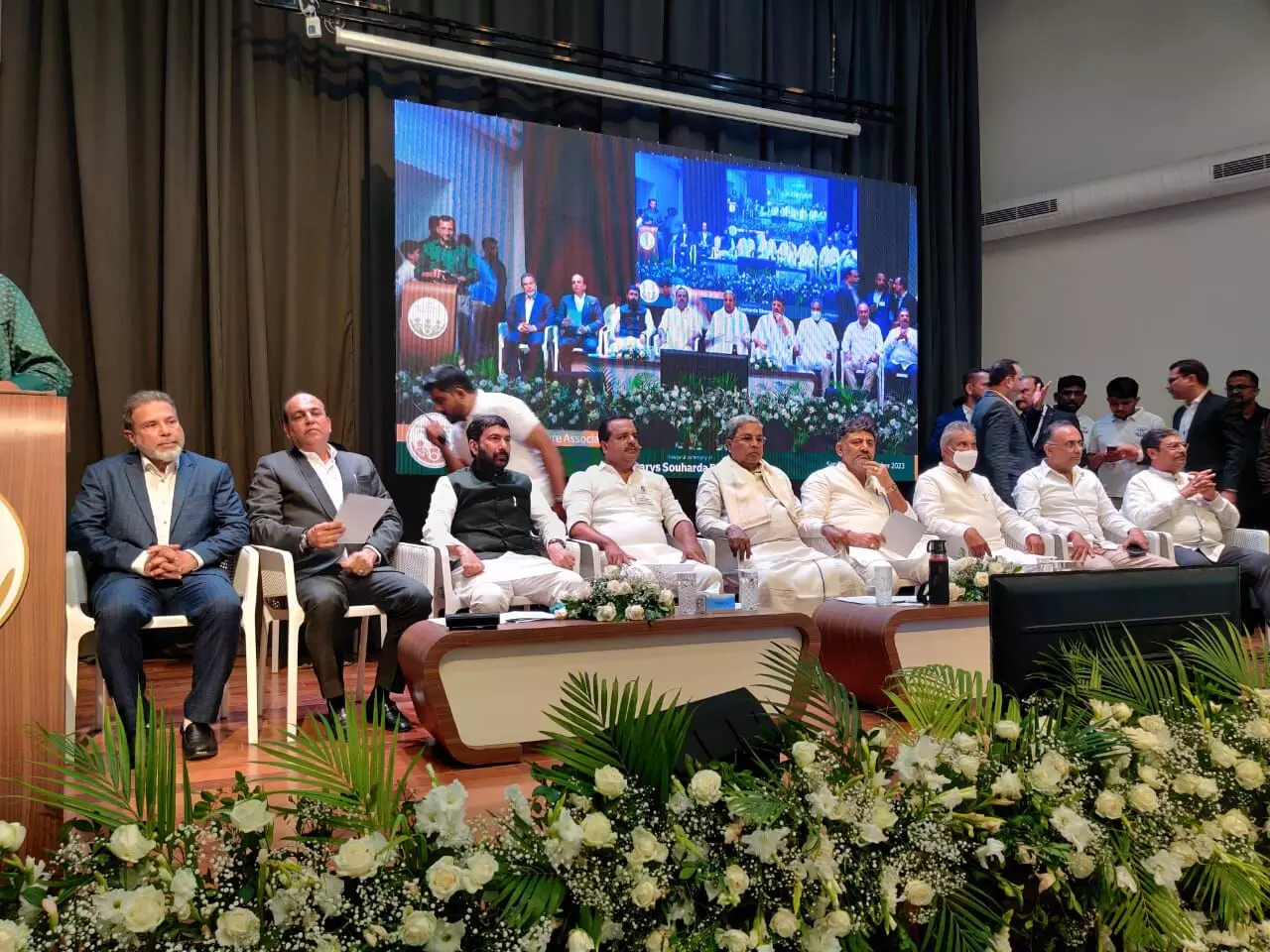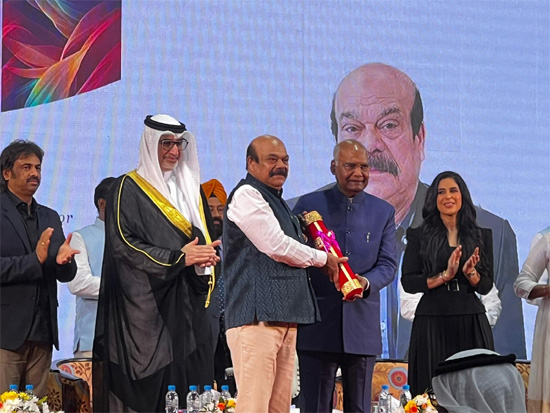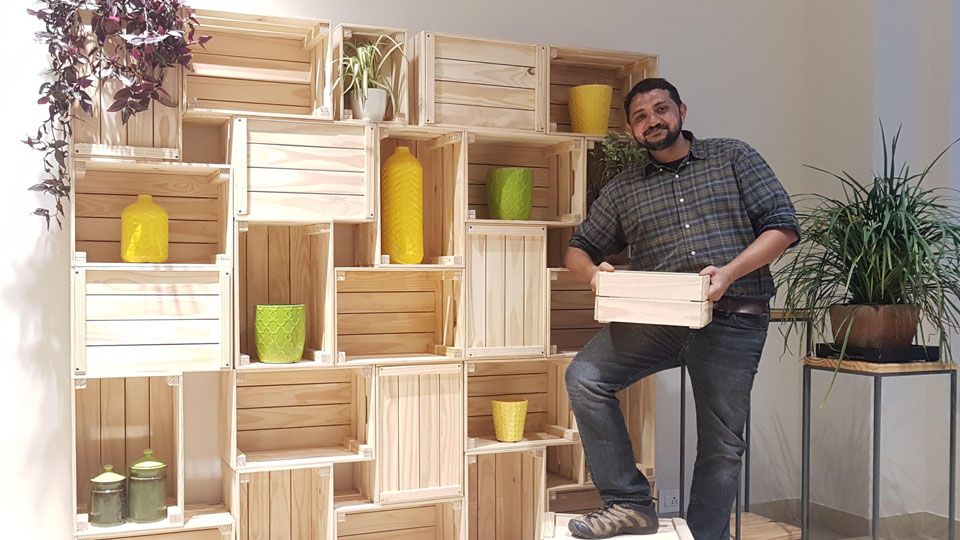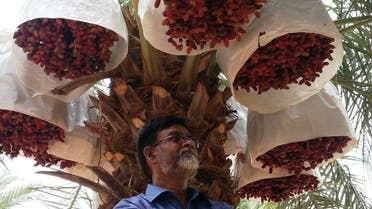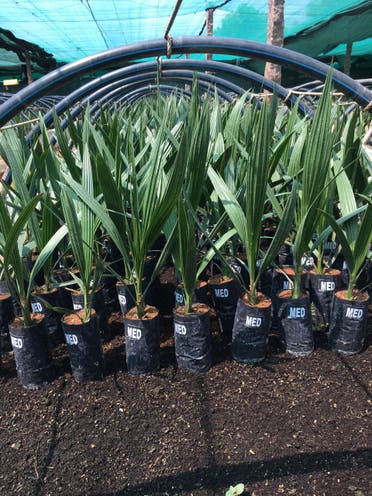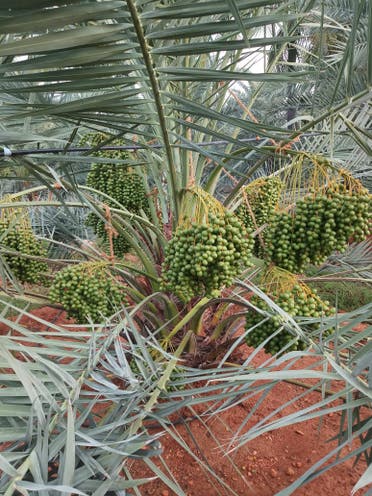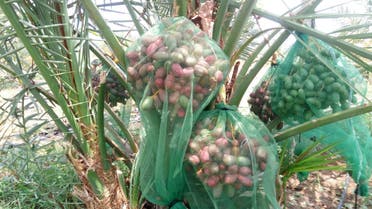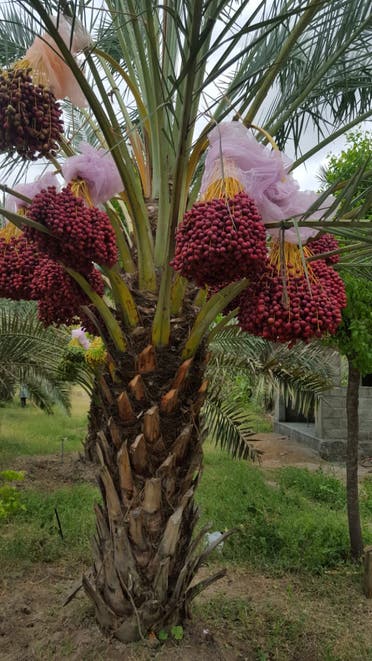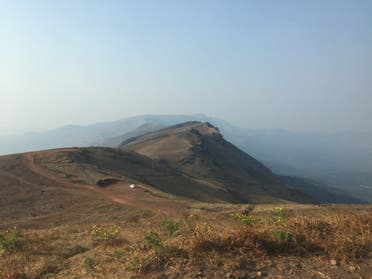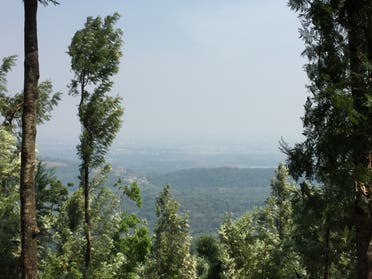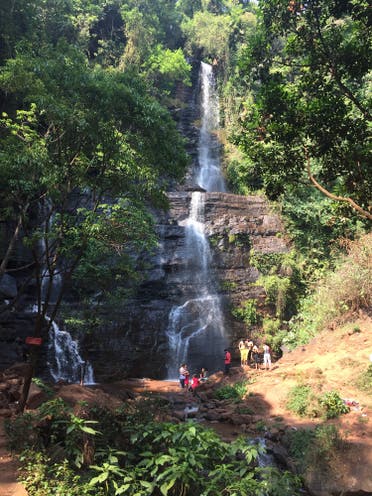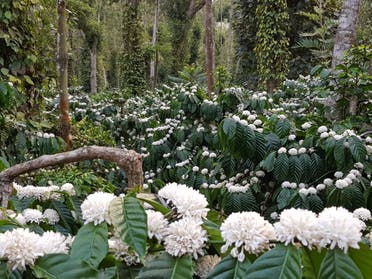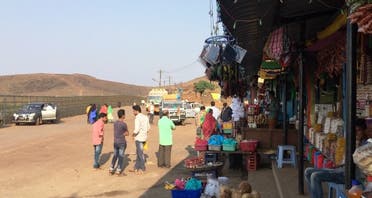Purdadtoor Town (Kadapa District), ANDHRA PRADESH:
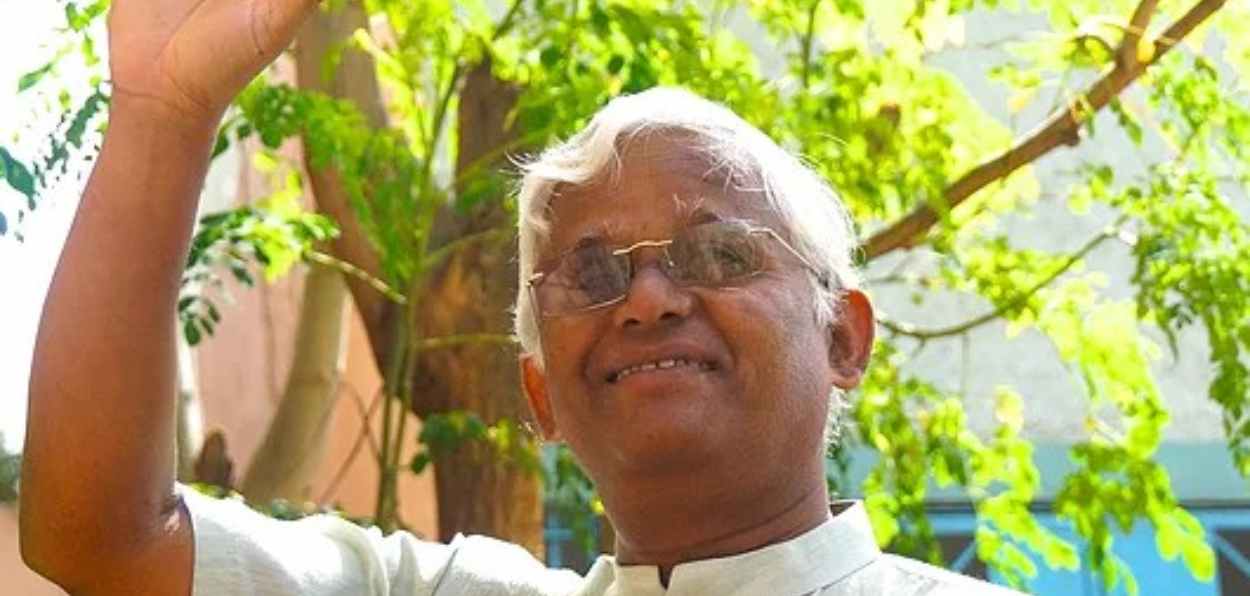
Coarse grains or millets are ancient foods which contain key nutrients like vitamins, zinc, beta-carotene, and magnesium. These foods keep blood sugar under control and reduce obesity. If one eats healthy food one can simply avoid disease and medicines.
This is the message from India’s leading agronomist Dr. Khadar Vali, who is also called the Millet man of India.
Dr. Vali is an independent scientist and food expert. He has brought back five species of millet that had disappeared from the world. Today, at 66 years of age, Vali is one of the leading proponents of millet cultivation in the world. He has made world realize the importance of grains.
Millets are available not only in India but everywhere in the world. These are known by different names in each country. To date, people around the world have eaten 200 different types of whole grains.
It’s important to note that the United Nations Food and Agriculture Organization (FAO) declared 2023 as the International Year of Millets at the insistence of India.
Khadar Vali says that the cultivation of millets can solve problems of soil erosion and irrigation also. The food we eat creates an imbalance in blood glucose levels. It makes people sick. But all this can be avoided if we use coarse grains. If you eat millet, you never need medicine.
He says it’s a misconception that coarse grains are food for animals and birds. He says these are super foods that can prevent disease as these contain fiber that cleanses the body. These grains protect the human race and other species. Millets are food for the whole planet.
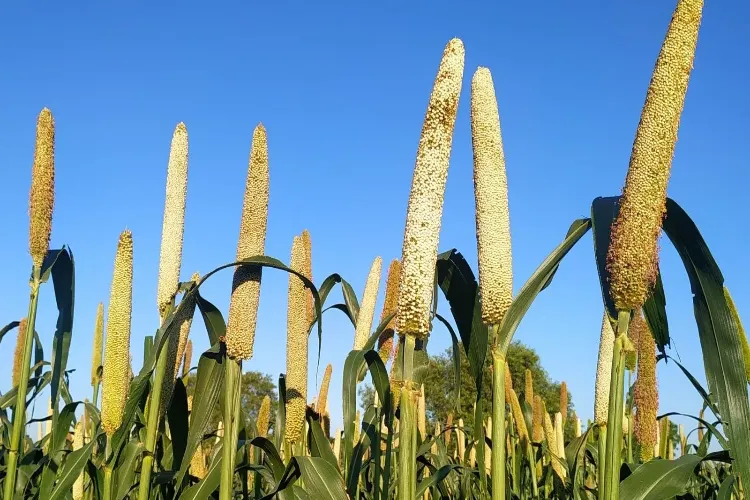
Dr Khadar Vali hails from Purdadtoor town in the Kadapa district of Andhra Pradesh. He has been working for 20 years to revive Sridhanialu, an Indian concept about food habits that are in sync with the nature and the human body.
Earlier, he worked in a good position in the USA. Dr Vali is a post-graduate from the Regional Institute of Education, Mysore, and did his PhD on Steroids from the Indian Institute of Sciences, Bengaluru.
Vali did his postdoctoral research on a fellowship in Environmental Science from the United States. His research focused on the inactivation of deadly chemicals such as Agent Orange and dioxins. His research came at a time when food was becoming increasingly commercialized.
Around 1986-87, Dr. Khadar Vali raised the issue of food-related consequences in society when he came across a case of a girl who started menstruating at the age of 6. He decided to return to his country.
He returned to India in 1997 and worked hard to revive five different varieties of millets in Mysore that were rapidly disappearing. More than two decades later, India’s ‘Milletman’ Dr. Khadar Vali was awarded the Padma Shri on the occasion of the 74th Republic Day celebrations.
_(1).jpg)
Dr. Khadar Vali says that millet has long been part of the mainstream diet but over the past 75 years, corporations marketing rice and wheat have Institutions subjected them to “systematic destruction”.
He has told the world about the benefits of coarse grains along with the negative effects of other grains from his long research on millet. Some points of his research are as follows. His research on food grains has led him to categorized them as negative, neutral, and positive.
Negative: These Grains cause diseases and include paddy rice and wheat. The fiber content of these grains is below 2 percent.
Neutral: Grains don’t cause new diseases, however, can’t help to cure health disorders and diseases. These are jawar, bajra, finger millet, proso millet, etc which carry fiber content from 3 to 6 percent.
Positive: Grains, which help to cure health diseases and disorders. These are Foxtail millets, Barnyard millets, Browntop millets, Little millets, and Kodo millets; which have fiber content from 8 to 12 percent. He named these millets Siri Dhanyaalu. Siri means wealth, which is indirectly health. .
Based on Dr. Khadar Vali’s research and findings, below are the diseases and disorders cured by the positive millets (Siri Dhanyaalu)
1. Foxtail Millet Rice: nervous system, psychological disorders, arthritis, Parkinson’s, epilepsy
2. Kodo Millet Rice: blood impurities, anemia, weak immunity, diabetes, constipation, insomnia
3. Barnyard Millet Rice: liver, kidney, excess bad cholesterol, endocrine glands
4. Little Millet Rice: uterus, PCOD, male and female infertility
5. Browntop Millet Rice: digestive system, arthritis, hypertension, thyroid, eye, obesity
Prime Minister Narendra Modi has given the name Shree Anna to coarse grains.
The year 2023 was declared by the United Nations as the International Year of Coarse Grains, after which the Grammy Award-winning Indian-American singer Fallo prepared a song, saluting the efforts of Prime Minister Modi.
In one of his tweets, Fallow mentioned the Prime Minister’s support in producing the song. This song has been prepared with the aim of promoting coarse grains and helping farmers to cultivate them and encouraging efforts to eradicate hunger from the world.
source: http://www.awazthevoice.in / Awaz, The Voice / Home> Story / by Mansooruddin Faridi / October 07th, 2023
